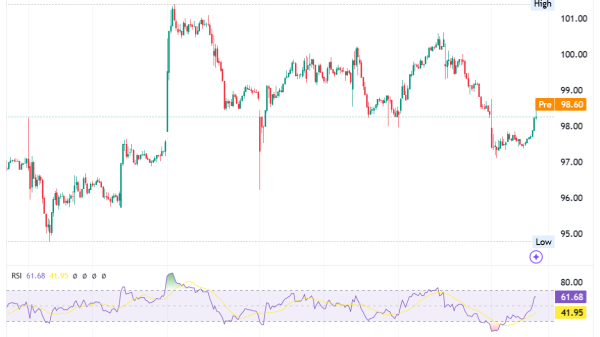
By David Shepardson
WASHINGTON (Reuters) -The Federal Aviation Administration plans to convene a review board in the coming weeks to consider safety concerns about engines on Boeing (NYSE:BA) 737 MAX airplanes after two bird strike incidents on Southwest Airlines (NYSE:LUV) planes in 2023.
The FAA said it is addressing an issue with the CFM LEAP-1B engine and is collaborating with Boeing, CFM and the European Union Aviation Safety Agency. The two incidents resulted in smoke in the cockpit.
The Seattle Times, which reported the planned review earlier, said the FAA could issue instructions to pilots for changes during procedures during takeoff until Boeing develops a permanent fix that could extend delays to certification of the MAX 7 and MAX 10 models.
A person briefed on the matter said the FAA has to take into account whether a change in procedures makes sense to address an extremely rare incident of smoke in the cockpit, when pilots have a procedure to address the issue.
“We are working with the authorities that are investigating these incidents. We continue to follow regulatory processes to properly address potential issues and ensure the continued safety of the global fleet,” a Boeing spokesperson said.
Southwest Airlines said on Thursday it notified flight crews about the effects of certain bird strikes following two events that occurred in 2023 and “reiterated the importance of following established safety procedures that are part of the company’s recurrent pilot training.”
Southwest said it is working with “the manufacturers and safety regulators to identify a permanent solution.”
Boeing in February published a bulletin to inform flight crews of potential flight deck and cabin effects associated with severe engine damage.
CFM, the world’s largest engine maker by units sold, is co-owned by GE Aerospace and Safran (EPA:SAF). GE Aerospace said on Thursday the LEAP engine meets FAA and EASA bird ingestion certification requirements and noted the birds in the two incidents significantly exceeded the size and weight of regulatory bird ingestion certification standards but the engines still performed as designed.
Boeing’s 737 MAX 7 and 10 are delayed as the planemaker works to address an engine anti-ice system that could lead to it overheating and potentially causing an engine failure before the planes can be certified.

































